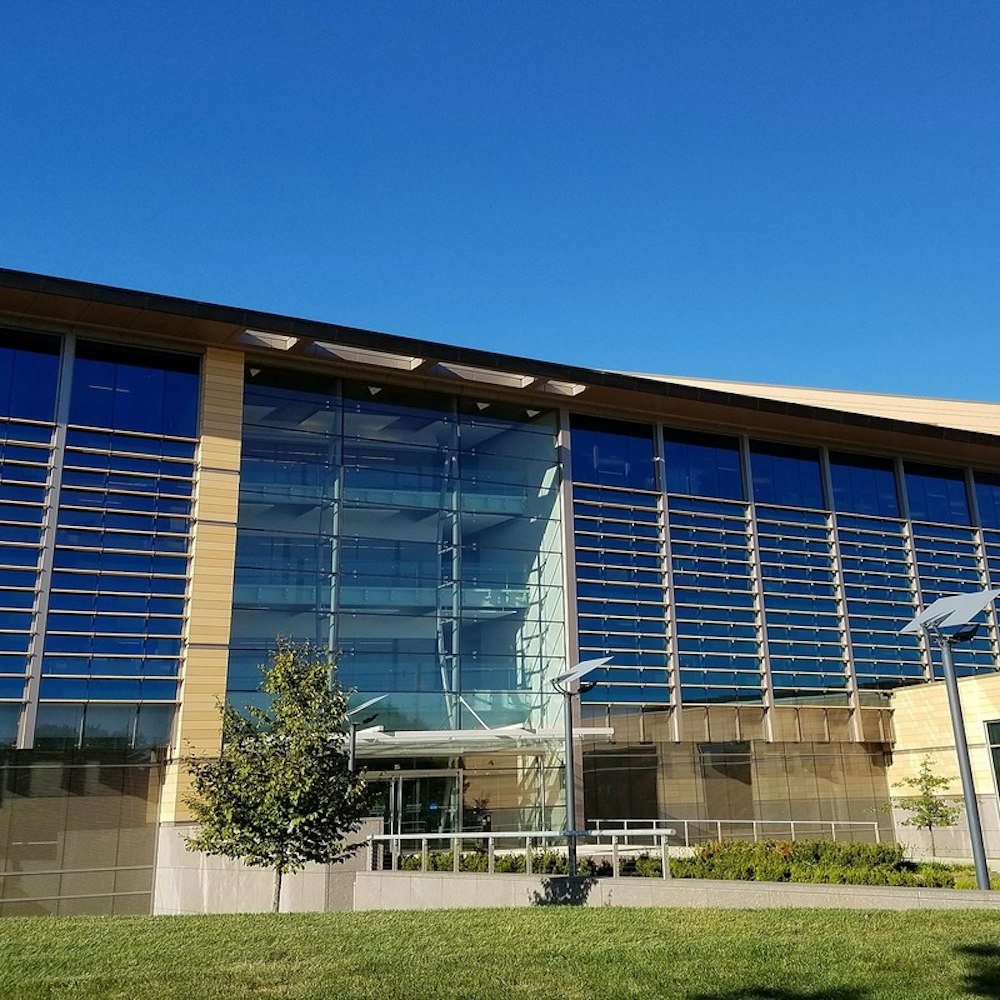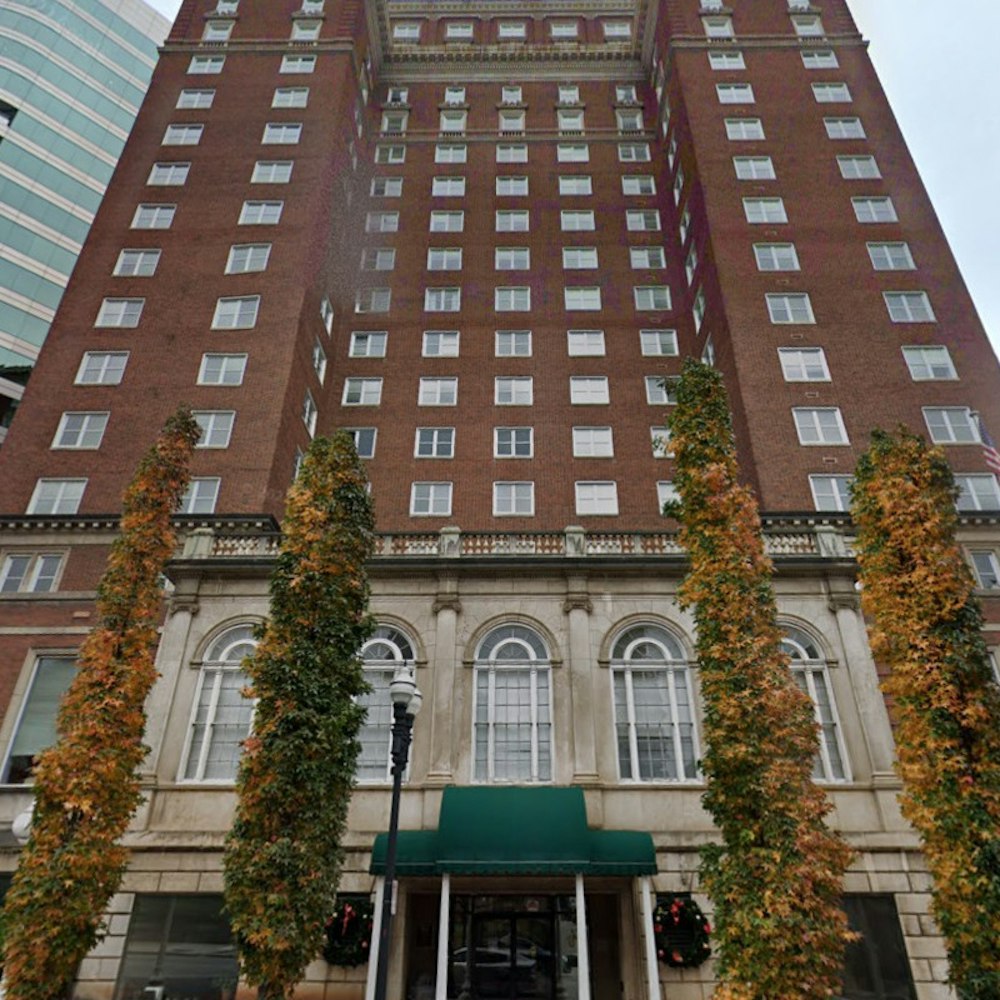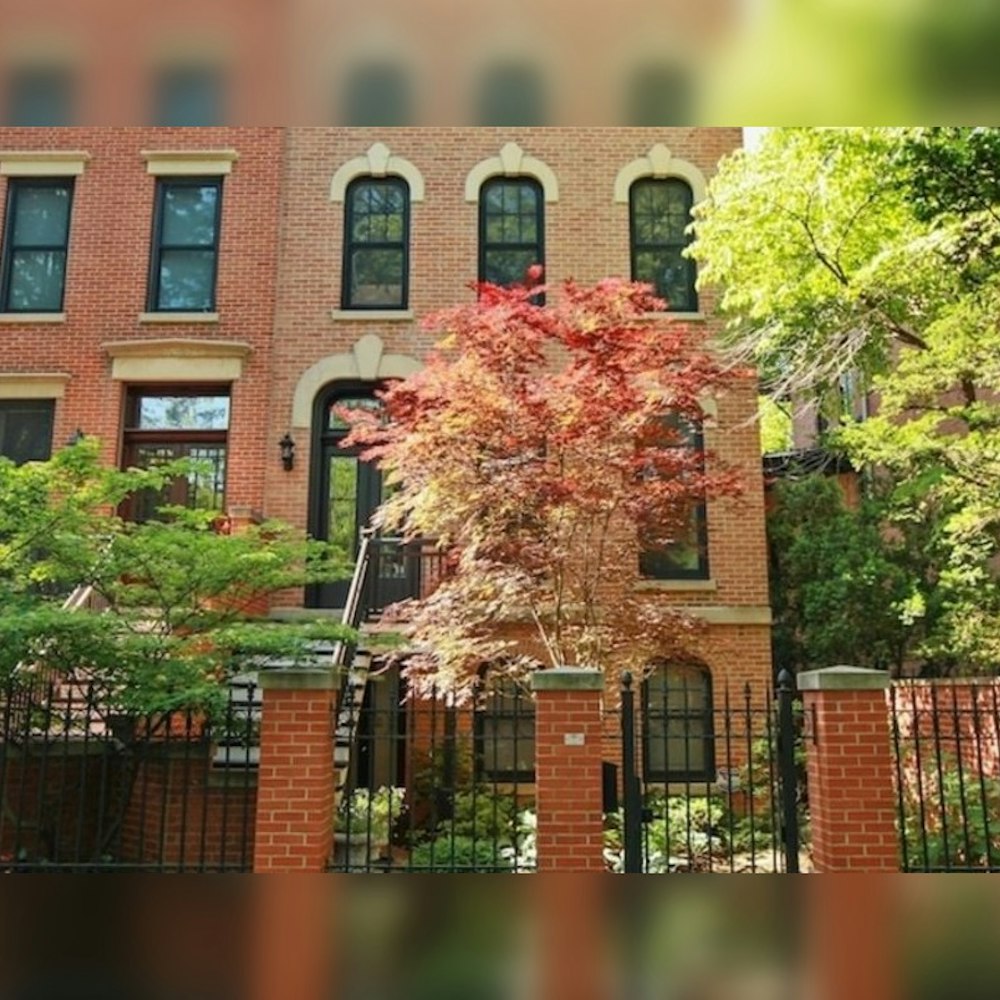
Seattle's mayor, Bruce Harrell, is taking aggressive action in the face of a spike in fires in vacant buildings, pushing for emergency legislation that would empower the local Fire Department to step in and demolish or fix up these risky structures. Harrell emphasized these abandoned properties "are known hazards that put our first responders and the surrounding community at risk," according to the Office of the Mayor.
The frequency of these incidents has gone through the roof with 30 fires reported by mid-April this year, following an already busy year with 130 in 2023. Harrell's proposal gains traction from past fire tragedies, including a massive blaze that necessitated over a hundred firefighters' efforts, displacing residents and choking up a major city artery for weeks. Adapting older buildings has been on the city's agenda, but the persistent neglect and ensuing threats mean the targeted removal of these eyesores is now deemed critical for public safety, and, the mayor's office reports.
Support has come from Councilmembers Bob Kettle and Tammy Morales, who recognize the pressing need for this fire prevention ordinance. "This commonsense measure will substantially address the issue of dangerous vacant buildings," Kettle said, pointing to the potential harm posed by allowing such structures to fester unchecked. Morales similarly highlighted the strain derelict buildings have placed on city services and the public, referencing a deadly fire in her district that brought more than 100 firefighters to the scene, as per the Office of the Mayor.
The legislation should unfetter the Seattle Fire Department, enabling it to charge forward with demolitions or remediations depending on each building's condition. Property owners will get the bill for this safety enforcement, yet in more extreme cases, the city has the green light to proceed with necessary abatements and later recuperate expenses via liens. Over forty buildings could be affected by this new rule, which if it passes, could see immediate implementation, as stated in the emergency clause provided by the Office of the Mayor.
Last year, Harrell already tried to bolster the city's defenses against the risks of unused buildings, mandating more robust security measures and setting up a system for regular inspection. As a result, some 300 vacant properties are getting monthly once-overs from the Seattle Department of Construction and Inspection. The hope is that together with this freshly proposed legislation, such preemptive steps will diminish the dangers these empty urban shells pose to the community at large.









